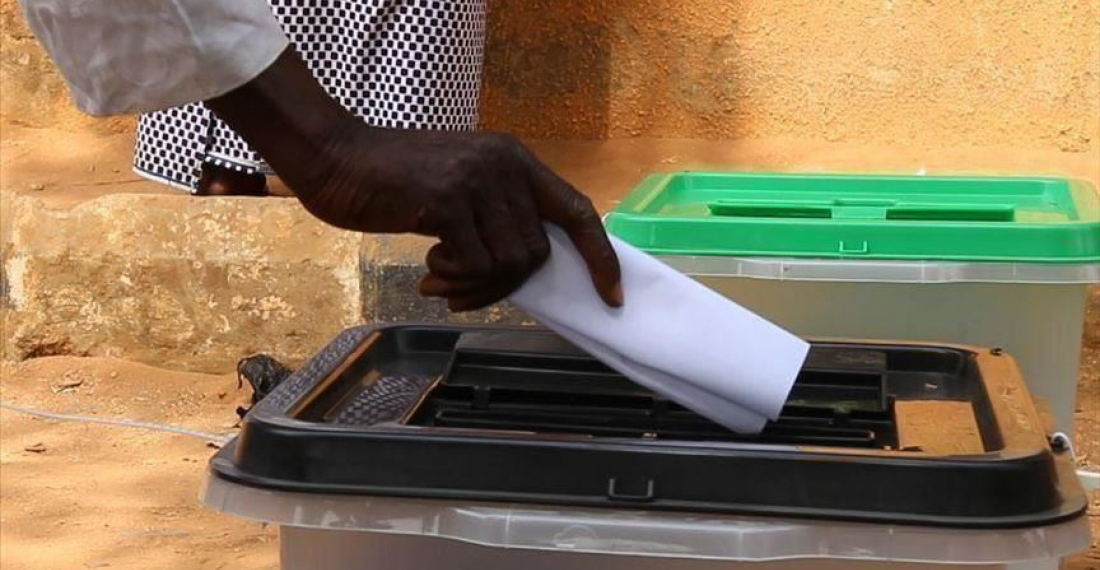Voters in the Sahel state of Niger go to the polls on Sunday for an election that could seal the country's first-ever peaceful handover between elected presidents, despite a bloody jihadist insurgency.
The West African country has been chronically unstable since gaining independence from France 60 years ago, and is ranked the world's poorest country according to the UN's Human Development Index.
Around 7.4 million people are registered to vote in the presidential election, which coincides with legislative elections.
President Mahamadou Issoufou, who was elected in 2011 after the country's last coup in 2010, is voluntarily stepping down after two five-year terms.
The frontrunner in the 30-strong field is his designated successor, Mohamed Bazoum, 60, a former interior and foreign minister.
Other prominent hopefuls are two former heads of state, Mahamane Ousmane, 70, and Salou Djibo, 55.
Bazoum's main rival, former prime minister Hama Amadou, 70, was last month barred from contesting the vote on the grounds that in 2017 he was handed a 12-month term for alleged baby trafficking -- a charge he says was bogus.
source: commonspace.eu with France24 (Paris)







